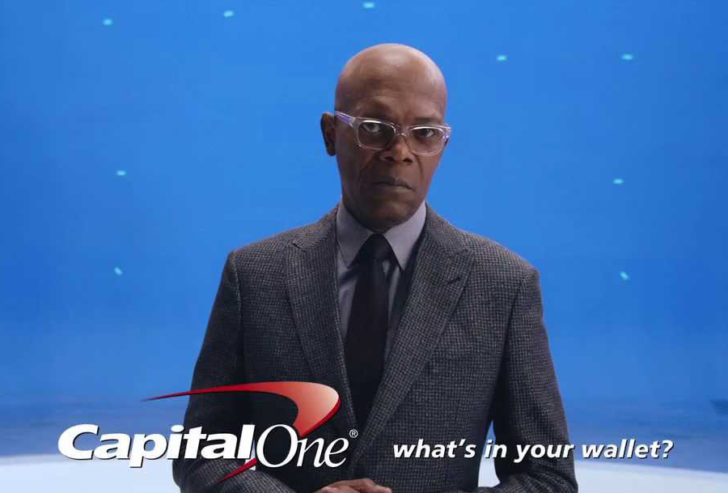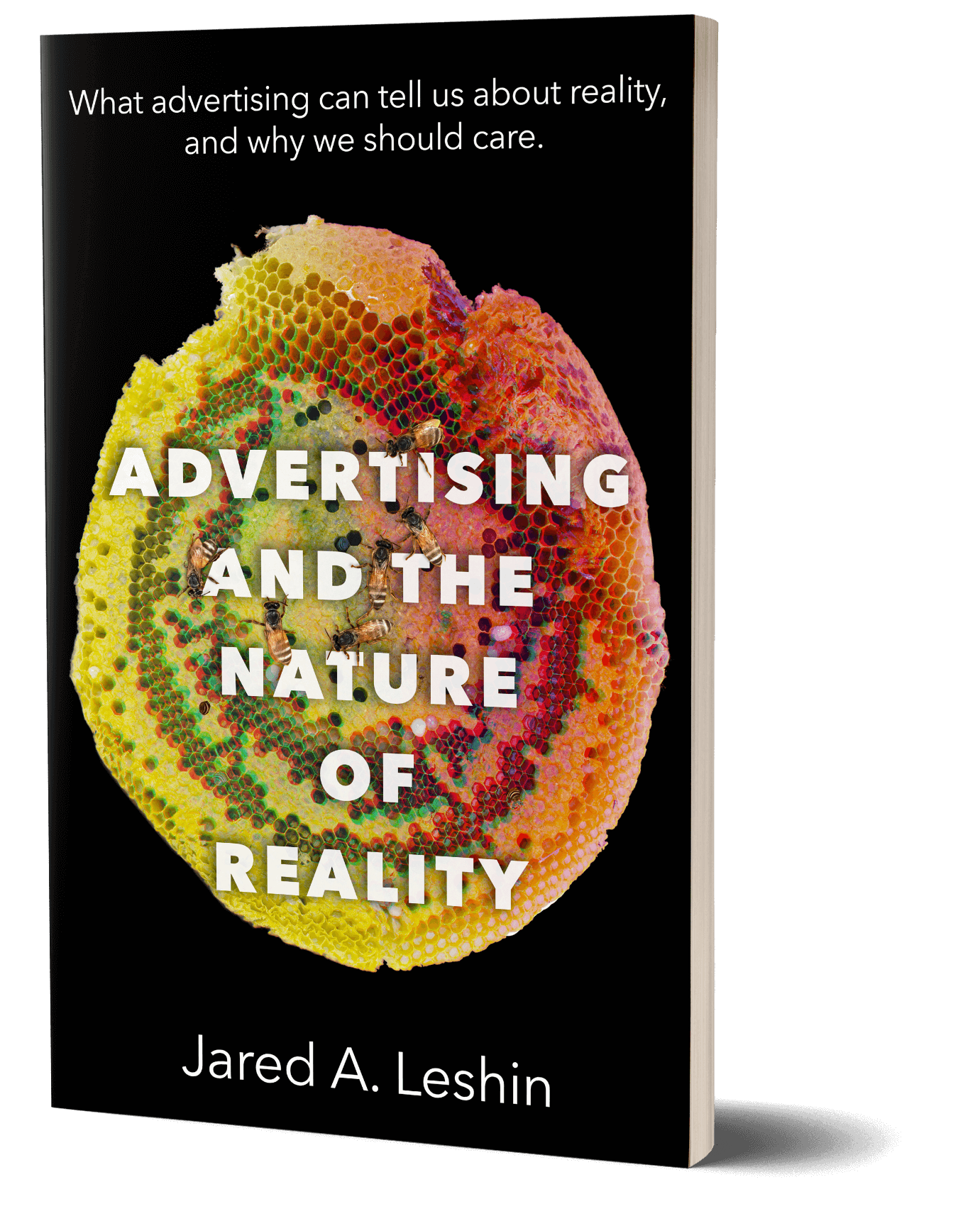
Who Should Decide What Gets Censored?
Social media companies have taken heat for as long as they’ve been around. They’re accused of invading privacy and selling our data. They’re implicated in artificially boosting and suppressing certain points of view. And recently, some changes to how Twitter moderates people have put the spotlight on another core problem: how to decide what gets censored.

Vitalik’s End Goal for Ethereum
Travelers visiting the Cundiboyacense plateau in Columbia may notice the stars hovering a tiny bit closer as they gaze up at the night sky. This destination, perched 8,530 feet above sea level, is the site of the country’s capital, Bogotá, a vibrant city known for its arepas, llamas, and salsa dancers.

How can we regulate a very complex and very smart system?
"In the 1980’s and earlier, programmers could be smarter than the computers they programmed. Sure, there were bugs and confusing outputs, but with enough analysis, these anomalies were often figure-outable or at least work-aroundable. Forty years later, we have computer system outputs that no human can understand. Not in a million years."

What's in Your Wallet?
"Unless you’re a criminal, you probably have no need to launder money. Though the act itself is neutral, money laundering almost always points to illegal activity or tax evasion. It’s hard to imagine any other reason why someone would go to the trouble of concealing or disguising the source of their income."

Ethereum Merge: Ten Years Later
"The following is a transcript obtained from the year 2032, with two crypto-journalists discussing events that happened in the ten years after the 2022 Ethereum Merge."

The Emperor’s New Clothes – Is Transparency a Good Look?
"The NFT frenzy has no shortage of naysayers and critics. They claim that spending any amount of money on an NFT is absurd when people can just copy the picture for free. NFT holders, along with cryptocurrency enthusiasts and Metaverse landowners, have been likened to the characters in 'The Emperor’s New Clothes', a story about a ruler who believes he is wearing a magnificent garment that turns out to be nothing at all."

Advertising And The Nature of Reality
Reality has an explanation problem. While it may seem like the most obvious thing in the world, the nature of reality is deceptively challenging to describe. Why is that? In Advertising and the Nature of Reality, author Jared A. Leshin directs a lens at that question and more using language that is clear and understandable. Weaving in current theories in cognitive science and philosophy, Leshin reveals a connection between how a brain works and how advertising works. Advertising is more than communication, more than an appeal to the senses. Ultimately, Leshin reframes advertising as an essential phenomenon that binds living things together, and a door to understanding why reality is the way that it is.
